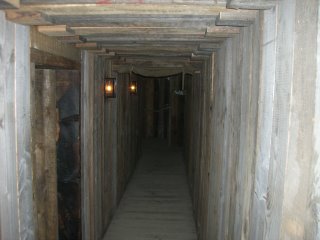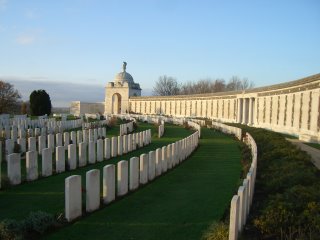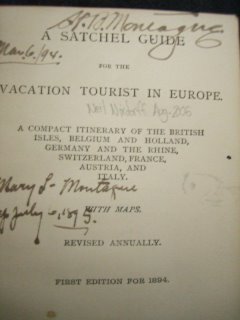
In a field trip of sorts, my programme organized a day around the Belgian town of Ypre (Ieper), the site of 250,000 casualities during WWI and some of the nastiest trench warfare ... There is a very high-tech, interactive museum (more tastefully reminiscent of the Rwandan Genocide Memorial in Kigali than of the unnecessary technology of Anne Frank Museum in Amsterdam) in which you follow a narrative around the museum (in the form of a coded card that triggers story updates as you passed terminals throughout the museum ...)
Interestingly enough, I was already familiar with my surrogate character ... Harvey Cushing -- famous Hopkins neurosurgeon and Yale alum whose grave I have run past many times in a cemetary that is less than a mile from my residences over the past two years in Cleveland ... the world keeps getting smaller ...
Ypre was the first place that modern biological warfare was used ... in the form of Chlorine and Mustard gases.

There are numerous trenches/underground bunkers, unexploded ammunition and bodies that are still being discovered (almost on a weekly basis).

They also exhibit the largest WWI Commonwealth cemetary with almost 12,000 graves ...

I looked up Ypre in my "Satchel Guide to Europe (published 1894)" to which I've been adding my own accounts along the way ...

The only mention of the town was with regards to a festival that they would have the first Sunday in August (incidently, immediately following that discription the authors went on to describe "Swiss wrestling matches") ... I guess a war can put a place on the map just as it wipes it from the face of the Earth ...

1 comment:
Whoah. Weekly basis? That's crazy, I wonder what they do-- put up another white stone?
That fact alone makes that place eerie, melancholy and mysterious. I should like to see it someday.
I'm confused-- where does your surrogate character come into play?
Post a Comment